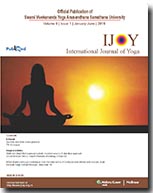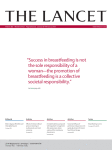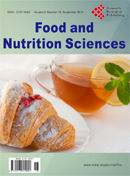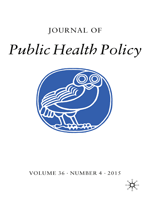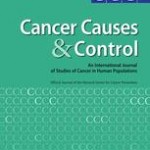 An article that suggested there is no benefit to being overweight among cancer survivors – the so-called “obesity paradox” – is being retracted for plagiarizing large sections from another paper that explored the same topic in cardiovascular disease.
An article that suggested there is no benefit to being overweight among cancer survivors – the so-called “obesity paradox” – is being retracted for plagiarizing large sections from another paper that explored the same topic in cardiovascular disease.
The journal Cancer Causes & Control pulled the 2014 article last June after determining it contained “large portions” of text from another paper in Preventive Medicine by a different set of authors, which suggested that evidence linking obesity to health benefits in cardiovascular disease may stem from a form of selection bias.
Here’s more from the retraction note: Continue reading Paper on alleged – and paradoxical – health benefits of obesity pulled for plagiarism



